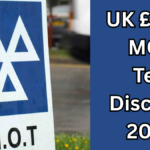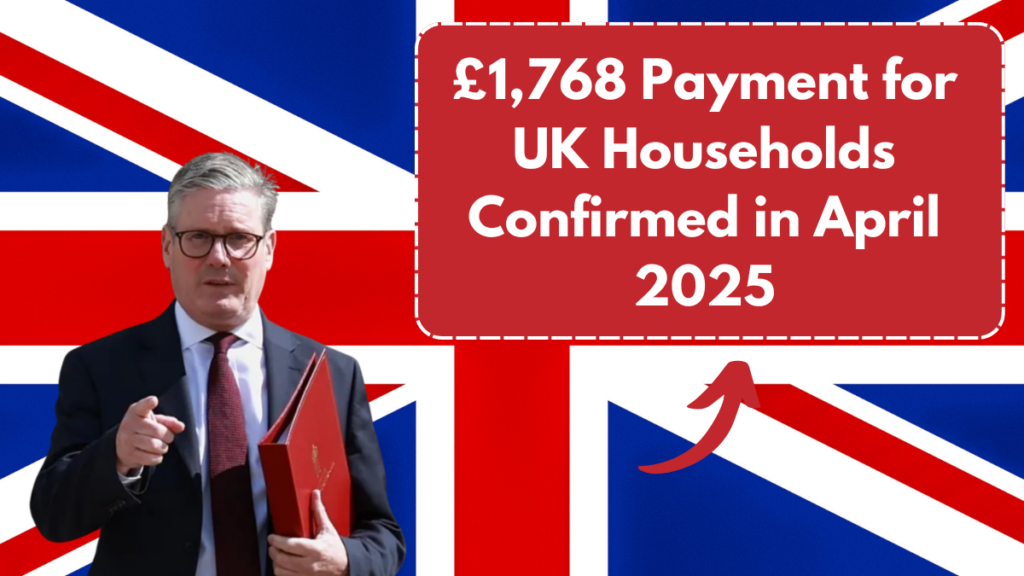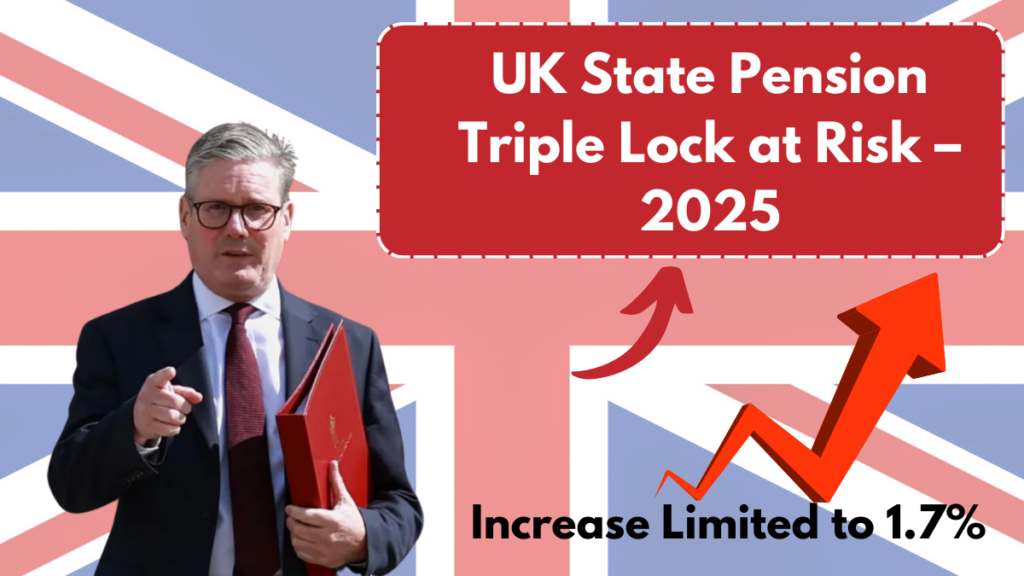The UK’s ambitious plan to phase out petrol and diesel vehicles continues to evolve. The latest UK petrol and diesel ban update 2025 provides clarity on revised targets, offering fresh direction for car buyers, manufacturers, and the transport sector.
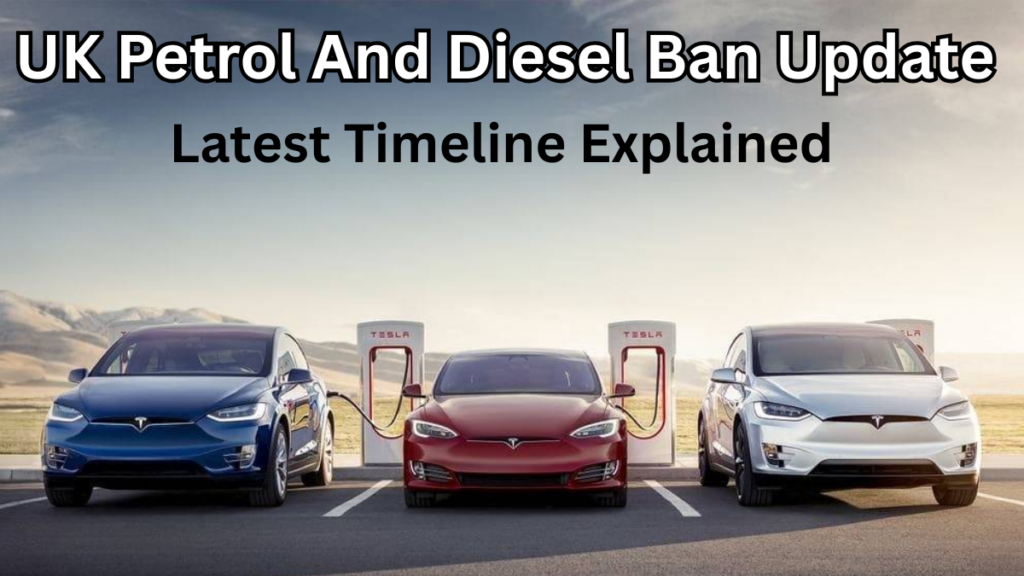
Table of Contents
The Road to Zero Emissions
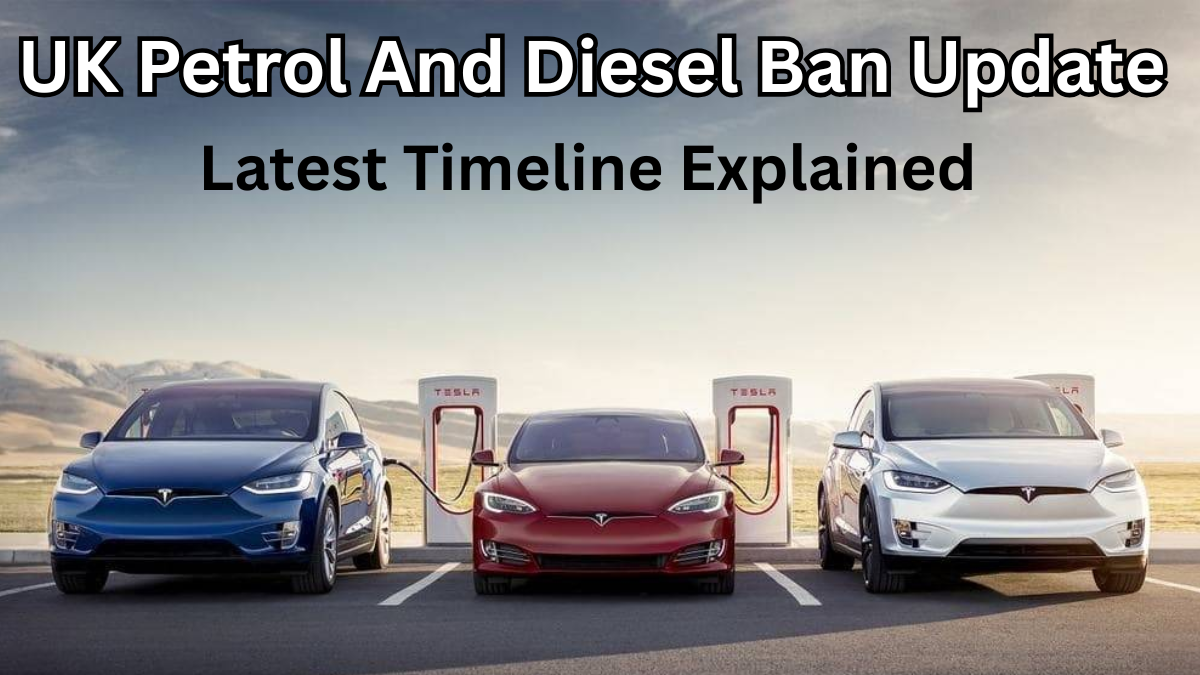
The government policy on clean transport is part of the UK’s larger climate strategy to achieve net-zero emissions by 2050. The proposed UK fuel ban 2030 is central to this plan, pushing for a major shift in how the country drives.
Why is this change happening?
-
Cutting emissions: Transport is one of the biggest contributors to UK carbon emissions.
-
Improving air quality: Reducing pollutants that harm health in cities.
-
Embracing innovation: Supporting electric vehicle (EV) technology and greener alternatives.
Updated Timeline for the UK Fuel Ban
Below is a clear snapshot of the latest targets under the UK petrol and diesel ban update 2025.
Year |
Action |
Outcome |
|---|---|---|
2025 |
Strengthened incentives for EV adoption |
Greater support for consumers and businesses to switch to EVs |
2030 |
Ban on sale of new petrol and diesel cars (some hybrids allowed) |
Most traditional combustion engines phased out |
2035 |
Ban extends to hybrids |
Only zero-emission new cars allowed |
What the UK Petrol and Diesel Ban Means for Drivers
The updated UK fuel ban 2030 timeline impacts various groups:
-
Drivers: More time to consider switching to EVs or hybrids.
-
Automotive industry: Increased investment in battery technology and EV production.
-
Infrastructure developers: Expansion of nationwide EV charging networks.
-
Used car market: Petrol and diesel cars will remain available second-hand beyond 2030, though demand may gradually decline.
Government Support Measures
The government policy includes a variety of initiatives to make this transition smoother:
-
Grants for EV buyers to reduce upfront costs
-
Support for domestic battery production
-
Funding for local councils to build more charging points
-
Awareness campaigns on the benefits of cleaner transport
Key Challenges to Watch
Although progress is being made, there are challenges to address:
-
Expanding charging infrastructure rapidly enough
-
Making EVs affordable for all
-
Ensuring sustainable battery recycling and production
FAQs
What does the UK petrol and diesel ban update 2025 involve?
The UK petrol and diesel ban update 2025 confirms the government’s continued commitment to ending sales of new petrol and diesel cars by 2030, with hybrid sales allowed until 2035.
Can I still buy petrol or diesel cars after 2030?
After 2030, new petrol and diesel cars will no longer be sold as part of the UK fuel ban 2030. However, you will still be able to purchase second-hand petrol or diesel vehicles.
What is the government doing to support the ban?
The government policy includes EV grants, charging network expansion, and funding for cleaner vehicle technologies to help consumers and businesses transition smoothly.
Are hybrids part of the UK fuel ban 2030?
Hybrids that can drive significant distances in zero-emission mode will still be sold until 2035, after which only zero-emission new cars will be permitted.
Final Thoughts
The UK petrol and diesel ban update 2025 highlights the nation’s strong push towards a greener transport system. With support for consumers and industries, the UK is paving the way for a cleaner and healthier future as the UK fuel ban 2030 approaches.
Click here to learn more
